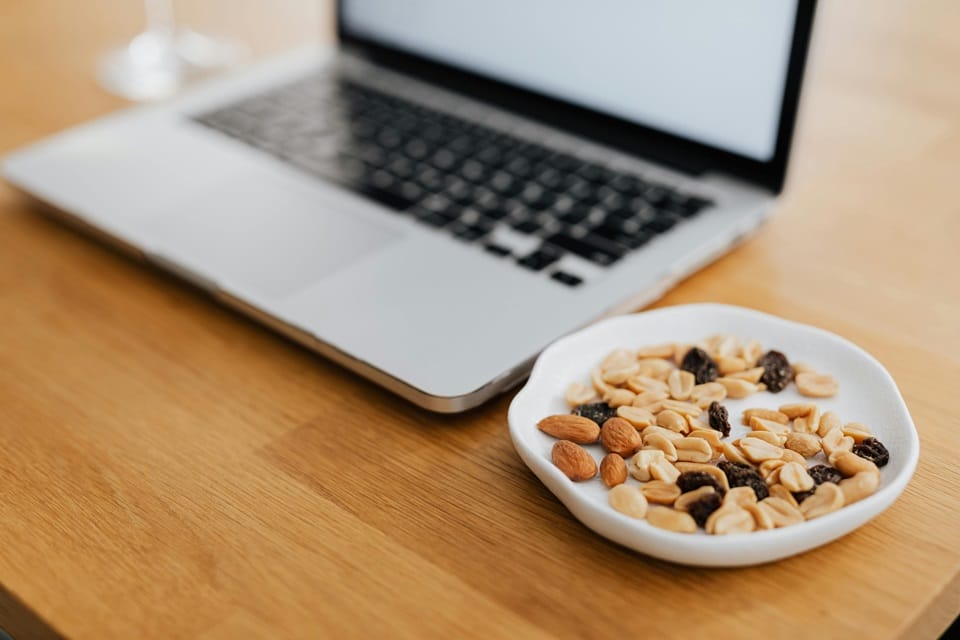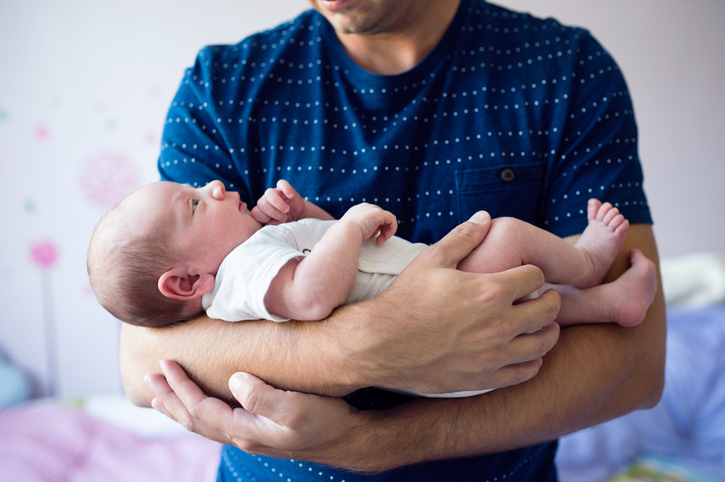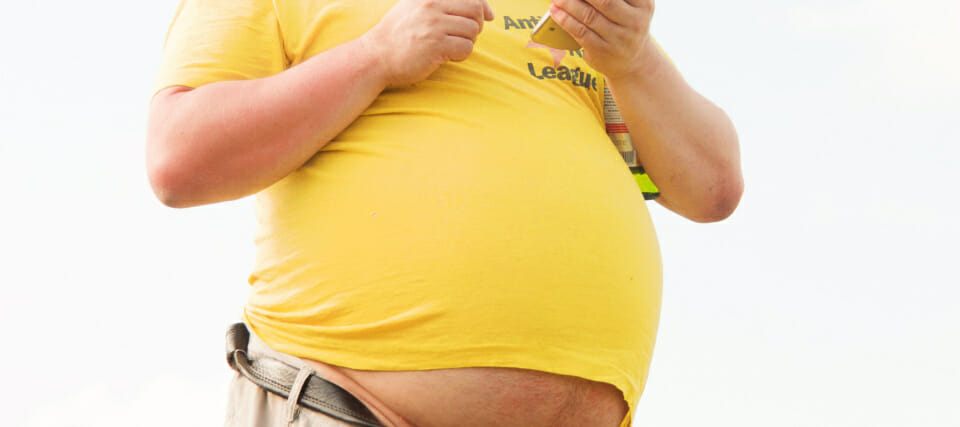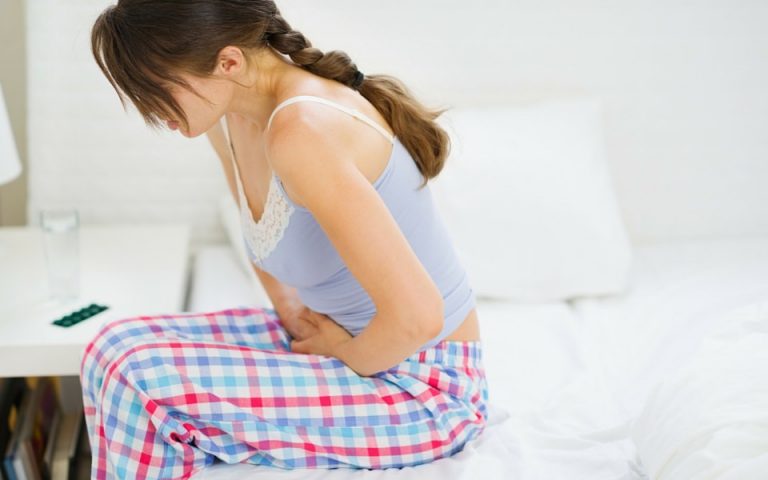How to improve health and fertility – the secret to getting pregnant
For some lucky women, falling pregnant is relatively effortless. However, for others, it can be a complicated process with many hurdles along the way. We offer 4 ways you can improve your health and fertility as well.
For some lucky women, falling pregnant is relatively effortless.
However, for others, it can be a complicated process with many hurdles along the way including multiple failed attempts and medical procedures such as IVF.
We understand the emotional rollercoaster ride many women and their partners face when trying to conceive.
While it’s estimated 1 in 6 couples experience problems conceiving, health and fertility matters are often not widely discussed in society.
For example, did you know that a couple is defined as having fertility problems if, following 12 months of trying to conceive, it is still not successful? Or that for women over age 35, that time-frame is reduced to 6 months?
There are, however, some steps you can take to improve pregnancy chance, by helping boost your reproductive health and fertility.
![]()
4 ways to improve your health and fertility in order to help you conceive
Consider these health tips to help you on the journey towards getting pregnant:
1. Timing is crucial
With many couples choosing to have children later in life, age has become the biggest factor causing fertility difficulties.
A woman’s pregnancy percentage starts to decline in her early 30s. By age of 40, the chances of getting pregnant naturally have halved.
Natural health and fertility become more difficult with increased risks of miscarriage, pregnancy complications, gestational diabetes and birth defects as a woman gets older. Giving birth to a baby with down syndrome also becomes more likely in older pregnancies.
For women undergoing IVF treatment, age is also an important factor. Women who start IVF before the age of 35 have the highest rates of success.
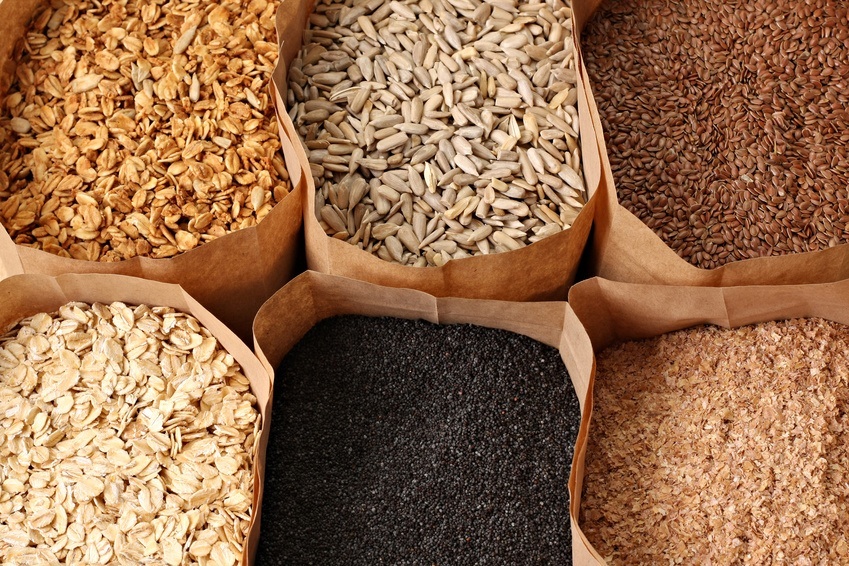
2. Healthy fertility diet
Does health affect fertility? ABSOLUTELY!
To boost your chances of how to get pregnant, a healthy diet in the year prior to conceiving has been shown to improve women’s health and fertility.
It is also associated with lower rates of birth defects.
Both women and men should consume a healthy diet and exercise regularly when trying to fall pregnant.
Include lots of fresh food and as little processed food as possible. You should restrict alcohol consumption, stop smoking and ensure you’re in a healthy weight range.
You might also want to consider taking folate supplements and have your iodine levels checked to ensure your thyroid is functioning correctly.
The health impact pregnancy can have on you and your body is significant. So, you need to make sure you go into it in as fit and healthy as possible.
One way to improve your health when trying to get pregnant is with The Healthy Mummy’s range of supplements, smoothies and snacks. These will help you build up a balanced nutritional profile that is ideal for fertility. And they taste delicious.
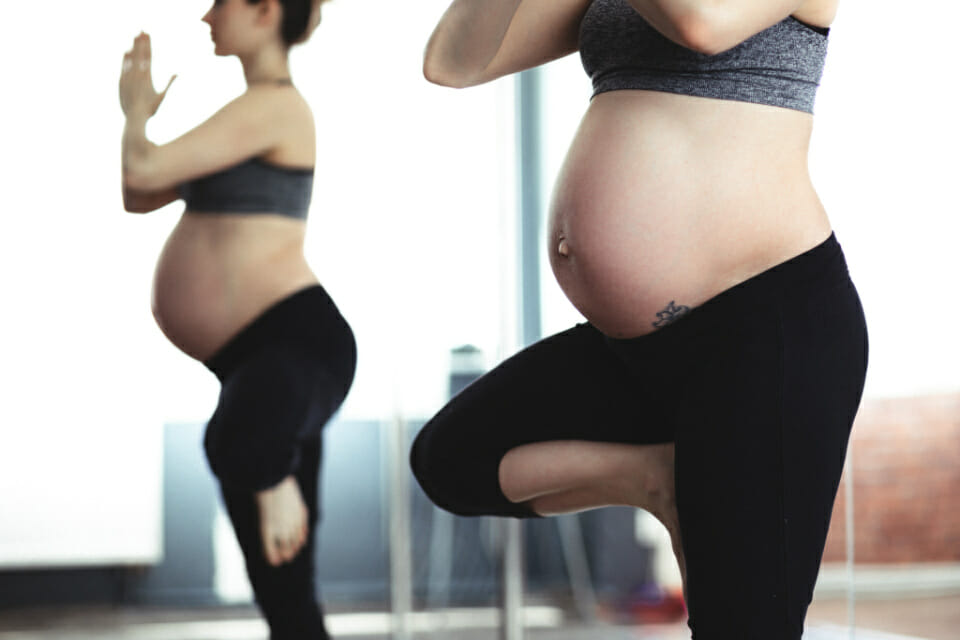
3. Weight management
When it comes to health and getting pregnant, being overweight can also negatively affect your fertility.
Excess weight can disrupt the finely-tuned hormonal balance that regulates the menstrual cycle and stimulates ovulation.
By the same token, being underweight can also affect your fertility by causing hormone imbalances and problems with ovulation.
Even modest weight loss has been shown to significantly improve fertility rates. If you need help getting to your optimal weight for pregnancy, why not join our 28 Day Weight Loss Challenge here?
With simple and effective exercise and eating plans, it will give you the best chance of getting pregnant fast (and it’s both simple and fun).
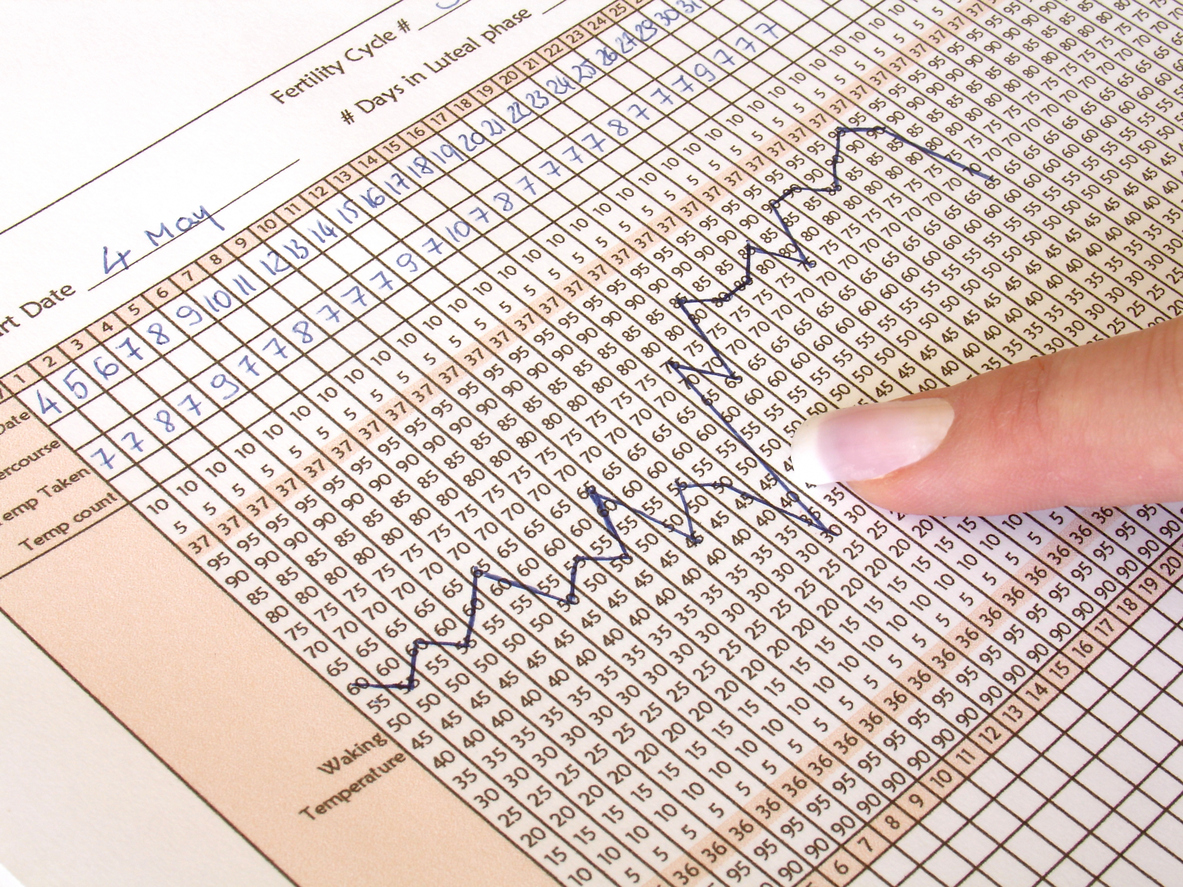
4. Know your fertility window
When trying to conceive naturally, it’s important to know your “fertility window.”
With conception only possible from about five days before ovulation until the time that ovulation takes place, you need to keep track of your cycles to improve your chances of getting pregnant.
Ovulation happens approximately 14 days after you experience a period in a typical 28-day cycle. That means you need to count 14 days starting from the day after you have your period.
This will let you know when you’re ovulating. By engaging in intercourse from day 9 through till day 14, you’ll maximise your chances of conceiving.

What to do next?
Living a healthy lifestyle will improve your fertility prospects, but it will not change your age, nor resolve any underlying health problems that may cause infertility.
Other more complicated factors which could lead to infertility include ovulation disorders, blocked fallopian tubes, endometriosis, polycystic ovarian syndrome, premature menopause, thyroid problems, sperm defects in your partner and sexually transmitted infections, amongst other things.
If you’ve been trying to conceive for 12 months, speak to your GP. A healthcare professional will be able to arrange a series of tests to try and pinpoint the cause of the problem.
However, before going down the path of IVF, it’s important that both partners optimise their health in order to try and conceive naturally.
We understand this can be a stressful experience, filled with anxiety. It helps to discuss your situation with other mothers who have been through similar challenges. The Healthy Mummy support community is a place where you can discuss your circumstances, as well as your fears and concerns in a safe space.
Other women, just like you, will be able to give you tips to help you get through the experience.
How can The Healthy Mummy help?

Conceiving can be a big challenge for many prospective mums.
Getting healthy is an important first step in improving your chances to conceive naturally. At The Healthy Mummy, we are your partners to help get you as in shape as possible, both before and after your pregnancy.
Our 28 Day Weight Loss Challenge could be what you need to transform your body to lose the excess kilos!
CLICK HERE NOW to join over 200,000 other mums who have shed in excess of 3 million kilos!
Join our amazing community of mums, just like you, for support and begin your journey back to good health and fitness!

